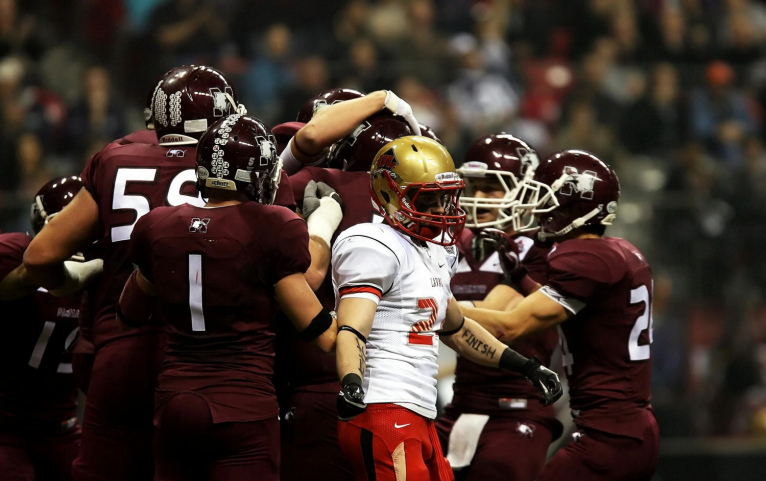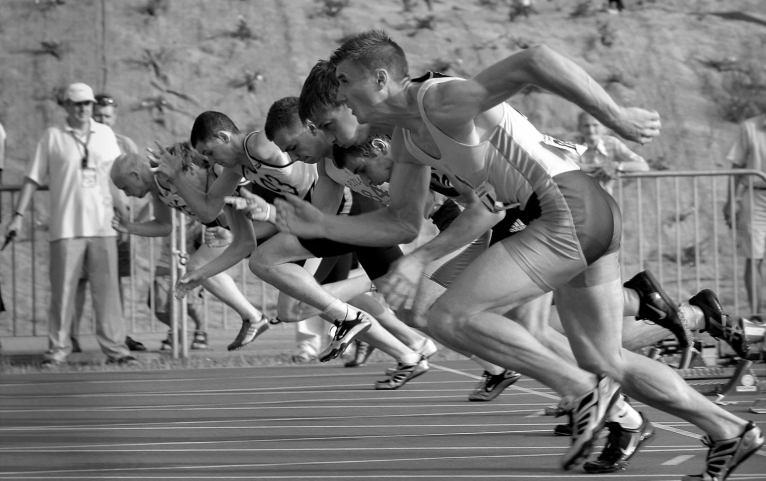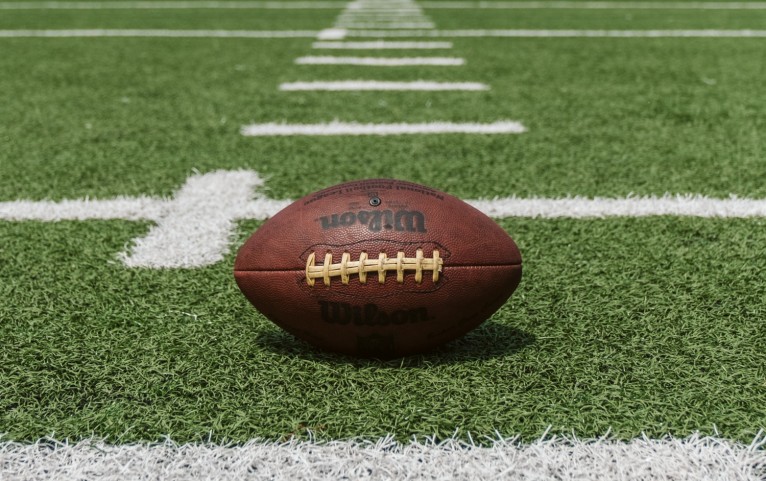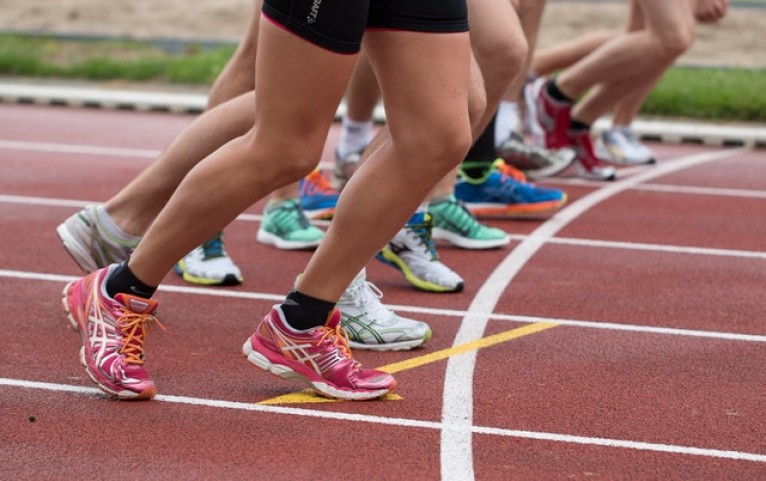NCAA Removes Cannabis from Banned Substances for Division I Championships; What Are Its Implications for Universities and Athletes?
The NCAA has removed cannabis from its banned substances list for Division I football championships, reflecting a significant policy shift. Read to learn more.
-
Omaha Productions' Full Court Press and Basketball Phenom Caitlin Clark Usher in New Era in Women's Sports
-
Landmark NCAA Settlement Reshapes College Sports Funding, Navigating Title IX Challenges
-
Title IX Revisions Under Biden Administration Leave Trans Athletes in Limbo
-
GAO Report Finds Gender Disparity Persists in College Athletic Participation Despite Increased Female Enrollment
-
Athletes Contend Againts NCAA's Transgender Policies in Landmark Lawsuit
-
Top 10 Global Universities in Latin America for 2022-2023
-
Game On: The Ultimate Guide to Sports Event Travel for College Students
By David Thompson -
7 Football Training Tips To Enhance Your Game
By Staff Reporter -
Popular Gyms Undermining Health with Tanning Beds, UConn Researcher Says
By Staff Reporter -
Ice Therapy Machines for Knee Pain: A Quick Relief for Student-Athletes
By Staff Reporter -
Best Streaming Services in 2019 to Watch NFL Games From
By Staff Reporter -
Biggest Multi-million Offer to an MLB Pitcher in History Goes to Gerrit Cole
By Staff Reporter











